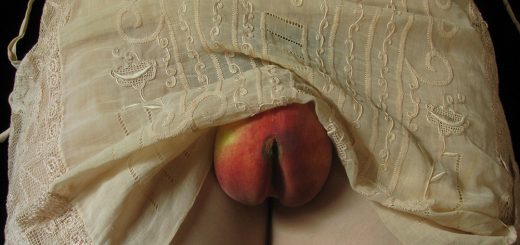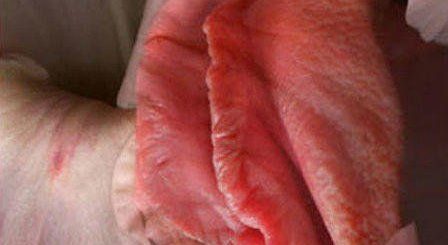Masturbation Myths
Masturbation has been one of the most tabooed subjects throughout history and destructive myths still circulate in today’s society. Yet, it is the most common form of sexual play and a study by the Kinsey Institute maintains that between 62 percent of women and 92 percent of men jill and jerk-off regularly.
So, where did the negativity and guilt stem from?
Historically, masturbation was condemned due to the assumption that the “spilling of seed”—since men allegedly had a limited amount—was a wasteful act that endangered the survival of the species. The ancient Taoists believed that sperm held the life force (chi) and ejaculation would cause as loss in virility. Hippocrates believed that loss of semen would result in spinal problems. These days, we know that men produce 50,000 sperm per minute, so those ancient stigmas no longer make sense.
The “wasting of seed” further gained negative associations with the dawn of Christianity. The Church condemned masturbation as a “selfish act” because it allowed one to experience a kind of ecstasy that conflicted with religious ecstasy. “Onanism” originates in Genesis 38:9 . Onan refused to have sex with his brother’s widow and “spilled his semen on the ground to keep from producing offspring”. Although this taboo finds its seeds in Onan, the term is inaccurately associated with masturbation, for it was “coitus interruptus” or premature withdrawal that was the actual sin committed. Many Christian leaders today support the practice of masturbation as an act of self-love.
Thomas Laqueur traces the negative attitudes about masturbation to the following text in his book Solitary Sex: Cultural History of Masturbation.
In 1712, an anonymous physician published a text called “Onania” or, The Heinous Sin of Self Pollution, and all its Frightful Consequences which warned about the dangers of defiling your own body. He linked masturbation to sodomy and homosexuality and claimed it caused numerous ailments including blindness, insanity and stunted growth.
From the movie “Hysteria” (2011)
Over the centuries, physicians considered masturbation the worst form of the “wasting.” These corrupted ideas were the basis for an obsession to exorcize society from “self pollution” and was blamed for everything from acne and gout, to backache and epilepsy, madness and nymphomania. Female masturbation was viewed as a “moral leprosy” and many diseases were blamed on it such as cancer, hysteria and mania. Female clitorectomy—or, the surgical removal of the clitoris—was one of the terrible mutilations performed on girls under the guise of a cure.
Negative attitudes were further supported in the early 1900s by Graham (Graham cracker) and cereal developer John Harvey Kellogg who described masturbation as “the vilest, the basest and the most degrading act that a human being can commit.” Both of these men lead a health food crusade against sexual excess, including masturbation. Numerous “anti-masturbation” torture devices were invented with their stamp of approval including genital cages, spiked chastity belts and shock therapy applied to the genitals of young boys. Other inhuman therapies included the use of blistering powders on the genitals or leeches and bloodletting. Cutting the foreskin was also a popular remedy and in some extreme cases, patients had their foreskin pierced by a wire and soldered together. Most brutal was forced castration.
Current myths about masturbation or (OM) still inspire guilt. As recently as 1994, at least 50 percent of adults said they still felt guilty about masturbating. Most of these concerns are due to the persistence of social stigmas associated with masturbation and the “discomfort associated with discussions of sexuality” in general. But, rest assured. They are only myths and will not:
• reduce your arousal over time
• turn you into a homosexual
• cause infertility or impotence
• make your penis shrink
• cause STDs or AIDS
• make you go bald
• cause hair to grow on your palms
• or turn you into a werewolf
Today we know the myths associated with masturbation are no more than sex-negative propaganda. Solo sex is no longer a crime to be punished, nor a disorder to be cured. Sexologists now recognize that masturbation is a normal, natural act that promotes vitality and health. Research shows that masturbation has numerous health benefits and improves prostate health in men, reduces pre-menstrual cramping in women, provides a healthy release for sexual tension, and is the ultimate in safe sex. Psychotherapists agree “that a lack of masturbatory experience may be related to psychopathology, rather than the practice of autoeroticism.” In fact, Masters and Johnson—a team of physicians responsible for pioneering the field of human sexuality—have established that masturbation does not cause any “negative short-term or long-term medical health effects” what-so-ever. Therefore, the only dilemma that masturbation may cause is “laundry problems.”









It’s tragic that these unfounded myths have held such sway over the population. Viva self-love!